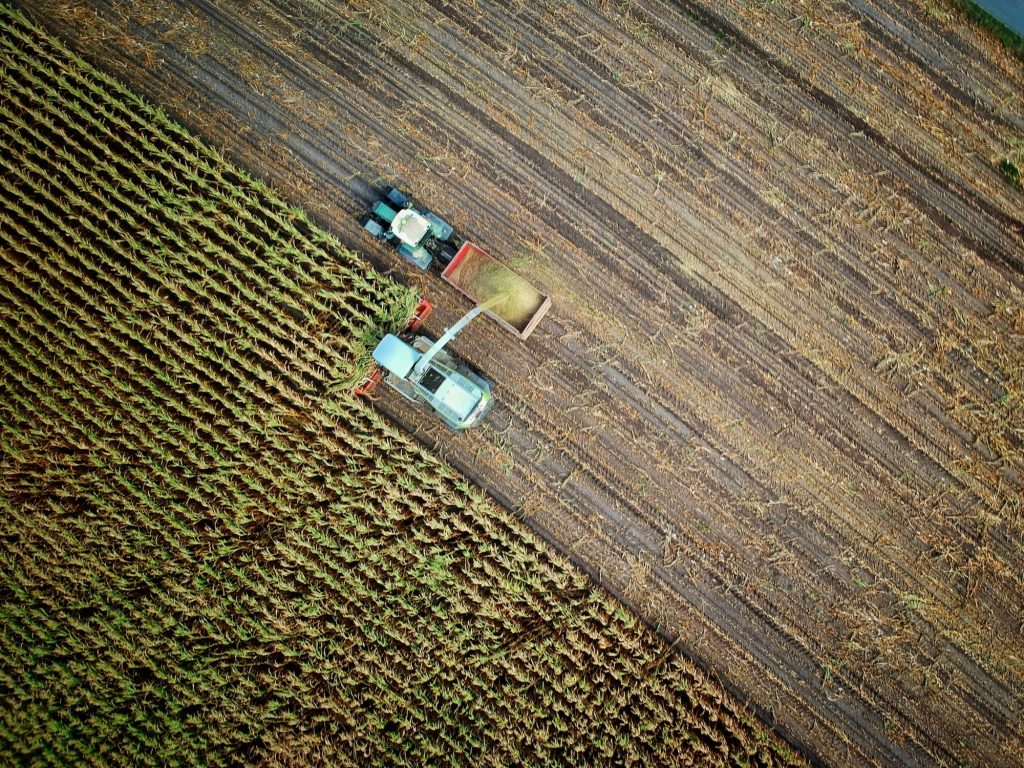To call upgrading your CTRM system a mere technology refresh would be something of an understatement. In fact, if you’re still running legacy systems in 2025, you’re not just dealing with outdated technology – you’re actively holding back your trading operation’s potential.
The hidden cost of legacy CTRM systems
Let’s start with something we all know too well: that sinking feeling when a prime market opportunity slips through your fingers because you’re stuck navigating through multiple systems, spreadsheets, and manual calculations. It’s not just frustrating – it’s a clear sign that your technology isn’t keeping pace with today’s trading reality.
Think about how you traded five years ago. The markets were different, weren’t they? Sure, they moved fast, but nothing like today’s pace. Now, every second counts, data flows are relentless, and if you’re not making decisions in real-time, you’re already behind. Yet surprisingly, many trading operations continue to rely on systems designed for a different era – like trying to navigate modern highways with a horse and buggy.
The real impact on trading operations
The real kicker? The cost of these legacy systems goes far beyond the monthly maintenance fees or IT overhead. It’s in the countless hours your best traders spend wrestling with data entry instead of analyzing markets. It’s in the opportunities missed while waiting for end-of-day reports. It’s in the growing gap between what your team could achieve and what your technology allows them to do.
Modern CTRM solutions: a game-changing transformation
Here’s where it gets interesting: the commodity trading landscape isn’t just evolving – it’s undergoing a fundamental transformation. Modern CTRM systems aren’t simply faster versions of their predecessors. They’re reshaping how trades are executed, how risks are managed, and how opportunities are identified. While you’re manually updating spreadsheets, your competitors are leveraging advanced analytics and automation to spot and capture opportunities that wouldn’t even be visible with traditional systems.
Risk management in real-time
Take risk management, for instance. In today’s volatile markets, delayed information isn’t just inconvenient – it’s dangerous. When market conditions shift rapidly, you need to know your position now, not in an hour or at end of day. Legacy systems often provide a delayed view of risk exposure, forcing traders to make decisions based on outdated information. It’s like driving while looking only in the rearview mirror – you might get by for a while, but eventually, reality catches up.
Cloud technology
The emergence of cloud technology has completely changed what’s possible in the CTRM space. Remember when system upgrades meant months of planning and infrastructure investments? Those days are gone. Modern cloud-based solutions offer the agility to respond to market changes quickly, the scalability to grow with your business, and the accessibility to support trading from anywhere. These aren’t just nice-to-have features anymore – they’re essential tools for staying competitive.
Looking ahead: the future of CTRM systems
Looking ahead to the rest of 2025, the pressures on commodity trading operations will only increase. Market volatility, regulatory requirements, and competitive pressures aren’t going away. The question isn’t whether to modernize your CTRM system, but how quickly you can make the transition to ensure your organization’s continued success.
The future of commodity trading belongs to those who can adapt quickly, make informed decisions, and manage risk effectively. Better technology makes for better trading – it really is that simple. Are you ready for what’s next?
Ready to explore how modern CTRM solutions can transform your trading operations? Let’s have a conversation about your specific needs and challenges.

